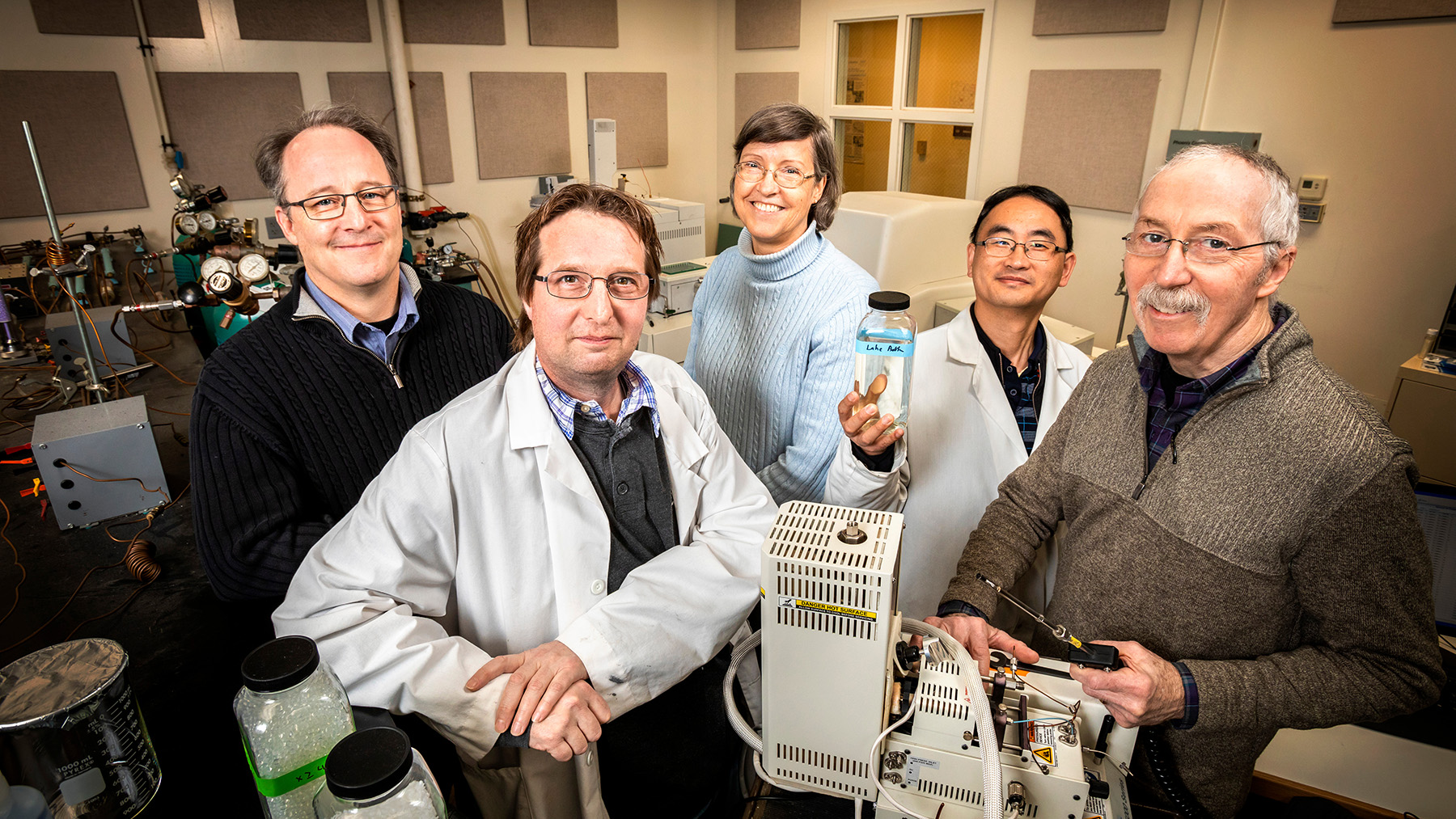The National Pollution Prevention Roundtable (NPPR) has recognized ISTC assistant sustainability scientist Joy Scrogum as the recipient of the 2022 Fred Granek Memorial P2 Ambassador Award.
NPPR established the award in honor of Fred Granek, who suddenly passed away in January, 2014. It recognizes those who travel beyond their own borders to share information, ideas, and technologies that will avoid, eliminate and reduce waste.
Joy works with clients of ISTC’s technical assistance program (TAP) to identify opportunities to alter, improve, or introduce processes, operations, and activities to foster sustainability (including environmental, social, and economic factors). She primarily focuses on zero waste; sustainability planning, goal setting & visioning; communications about sustainability efforts; and stakeholder engagement.
In her twenty-one years at ISTC, she has made a significant impact at the local, state, regional, national, and international level by sharing pollution prevention information, ideas, and technologies. During her tenure, she has:
- Developed the idea, found campus partners, and successfully applied for seed funding for the Illini Gadget Garage, a collaborative repair center for student- and staff-owned electronic devices at the University of Illinois. As of December 2018, the Gadget Garage had diverted a total of 905.2 lbs. of materials from the waste stream through repair and special materials recycling.
- Managed the International Sustainable Electronics Competition , a student design competition that encouraged students to consider sustainability throughout the product lifecycle when designing electronics, as well as ways to reuse scrap electronic components in new products.
- Developed and ran the Green Lunchroom Challenge, a voluntary pledge program for schools to improve the sustainability of their food service operations, which was funded by a grant from U.S. EPA. Although the project is no longer funded, Joy still maintains a web archive for the project and a blog on related issues.
- Worked with the University of Illinois College of Engineering to develop and teach a class entitled “Sustainable Technology: Environmental & Social Impacts of Innovations.”
- Developed and taught a course on reuse as a sustainability strategy for the Osher Lifelong Learning Institute at the University of Illinois.
- Facilitated networking and information sharing among P2 technical assistance providers at both the regional and national levels through her work with the Great Lakes Regional Pollution Prevention Roundtable and the Pollution Prevention Resource Exchange.
In addition to her work at ISTC, Joy is a board member of the Champaign County Environmental Stewards, an organization that fosters waste reduction and the ability of area citizens to responsibly manage materials by advancing improved local options for recycling, composting food scraps, and the safe and convenient disposal of household hazardous waste.
She also serves on the Illinois Food Scrap Coalition’s communications committee. In this role, she promotes IFSC news, as well as general information about food scrap composting and related issues in Illinois and beyond.
Finally, she served on the board of directors for a non-profit that gave rise to the Idea Store, a creative reuse center located in Urbana, IL.


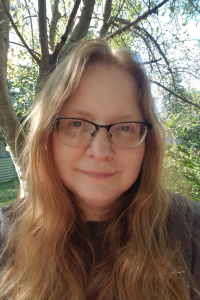
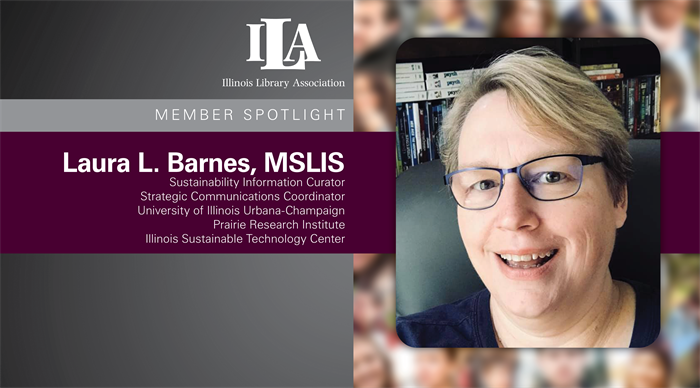
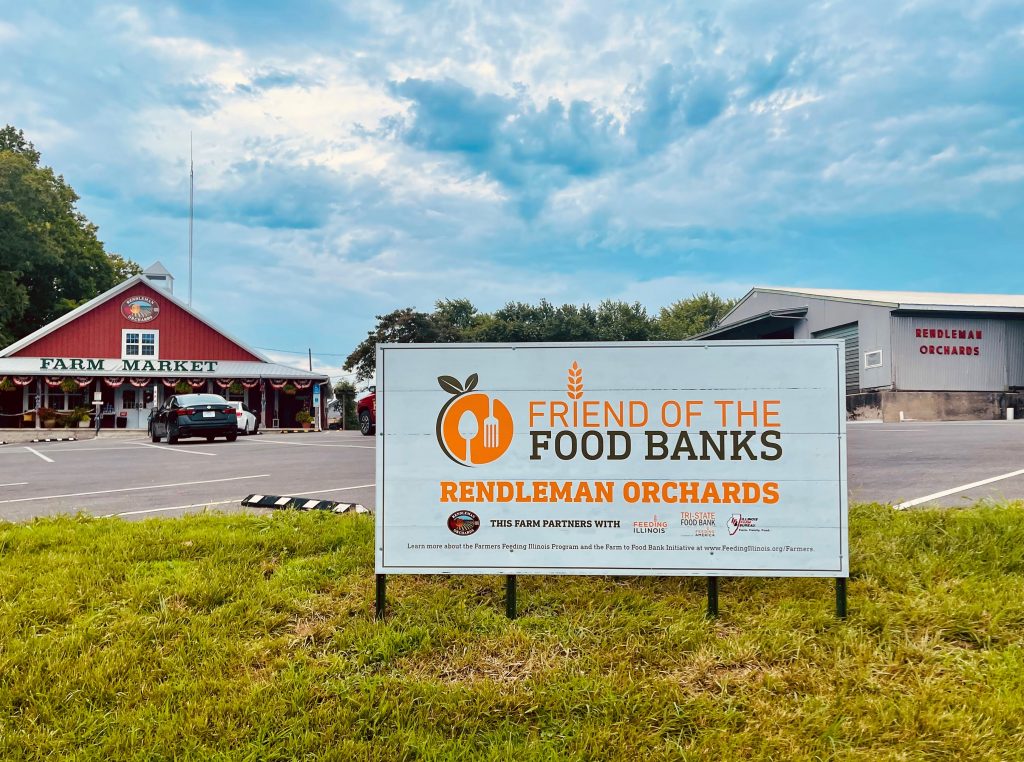
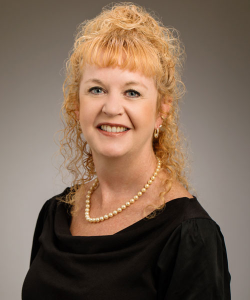 The
The 